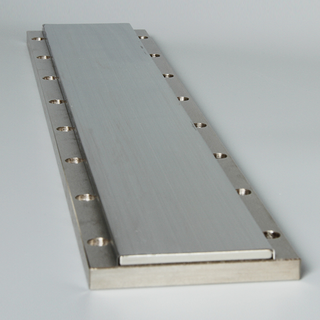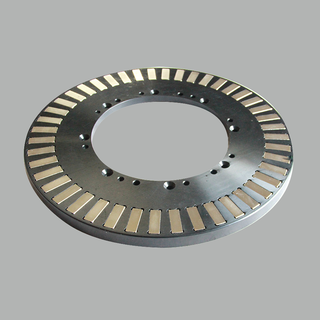Product Category
- Standard Magnets
- Customs Magnets
- Magnetic Assmblies
Stator Magnets
Stator magnets
Stator magnets are a fundamental component in the construction of electric motors and generators, serving as the stationary part of the motor assembly where the coils are housed. These magnets are typically arranged in a ring around the rotor and do not move; instead, they interact with the rotor’s magnetic field to produce torque, driving the motor's rotation.
Stator magnets can be made from various magnetic materials, including ferrite, samarium cobalt, and neodymium, depending on the specific requirements of the motor, such as operating temperature, strength needed, and cost constraints. Neodymium magnets are commonly used for their superior magnetic strength, which contributes to the efficiency and power output of the motor.
The design and arrangement of stator magnets play a critical role in the motor's performance, influencing its efficiency, speed, and power capacity. These magnets are crucial in applications ranging from small electronic devices to large industrial machines. Their function in creating a stable and efficient magnetic field makes them indispensable in the operation of synchronous motors, induction motors, and various types of generators.




